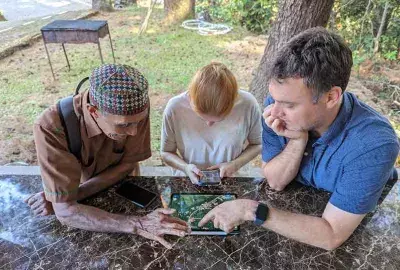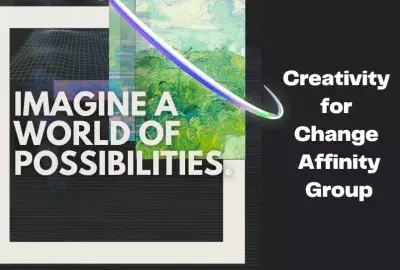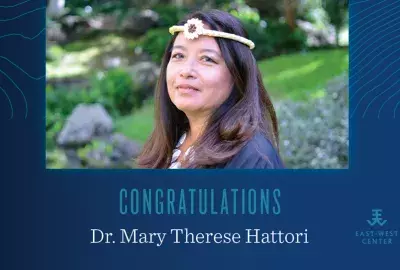Error message
The East-West Center in Washington and the Korea Economic Institute (KEI) of America proudly present this collection of analysis on US-South Korea relations. This special Asia Pacific Bulletin (APB) series is a part of our ongoing efforts to promote dialogue and understanding between the United States and Korea.
US-Korea Military-To-Military Relations: Past, Present, And Future
Lt. Gen. In-Bum CHUN, Lieutenant-General retired In-Bum CHUN, former Commander of ROK Special Warfare Command, explains how the "South Korean Constabulary, the forerunner to the ROK [South Korean] Army, was established under the United States Army Military Government in Korea..." and how the ROK Army evolved to the present day in close cooperation with its US counterpart
South Korean Foreign Policy: Changing Generational Priorities
Ambassador (ret) Kathleen Stephens, US ambassador to the Republic of Korea from 2008 to 2011 and President of the Korea Economic Institute of America (KEI), & Mr. Andy Hong, Program Officer at KEI, explain that "young Koreans cast the key swing votes" in Korea's March 9 presidential election and that "[t]raditional approaches... to the US-ROK alliance, relations with China and Japan, and inter-Korean policy carry less salience for this new cohort of voters."
From Strategic Ambiguity to Strategic Clarity? The Dynamics of South Korea’s Navigation of US-China Competition
Clint Work, PhD, Nonresident Fellow with the Henry L. Stimson Center's 38 North Program, explains that while President Yoon has made it clear that he will opt for strategic clarity amidst a growing US-China rivalry, he must navigate the challenges all previous ROK presidents have faced in dealing with Beijing
New Horizon for Korea-US Economic Relations under the Yoon Suk-yeol Administration
Jin Kyo Suh, PhD, Senior Research Fellow, Korea Institute for International Economic Policy explains that "Korea-US relations are entering a new era with the inauguration of the Yoon Seok-yeol government.." as "President Yoon Seok-yeol himself is well aware of the importance of universal values, such as freedom, democracy and human rights."
US-Korea Cooperation on Climate Change
Troy Stangarone, Senior Director and Fellow, Korea Economic Institute of America, explains that "the United States and South Korea have taken steps domestically to reduce their emissions, while making climate change an important part of their efforts to expand the US-Korea alliance beyond traditional security and economic issues."
Korean Soft Power Goals and US-Korea Relations
Jenna Gibson, a PhD Candidate at the University of Chicago, explains why "listing off credibly popular cultural products coming out of South Korea and calling it soft power rings hollow" and how declarations of this type obscure the concept of soft power.
The East-West Center in Washington and the Korea Economic Institute (KEI) of America proudly present this collection of analysis on US-South Korea relations. This special Asia Pacific Bulletin (APB) series is a part of our ongoing efforts to promote dialogue and understanding between the United States and Korea.
US-Korea Military-To-Military Relations: Past, Present, And Future
Lt. Gen. In-Bum CHUN, Lieutenant-General retired In-Bum CHUN, former Commander of ROK Special Warfare Command, explains how the "South Korean Constabulary, the forerunner to the ROK [South Korean] Army, was established under the United States Army Military Government in Korea..." and how the ROK Army evolved to the present day in close cooperation with its US counterpart
South Korean Foreign Policy: Changing Generational Priorities
Ambassador (ret) Kathleen Stephens, US ambassador to the Republic of Korea from 2008 to 2011 and President of the Korea Economic Institute of America (KEI), & Mr. Andy Hong, Program Officer at KEI, explain that "young Koreans cast the key swing votes" in Korea's March 9 presidential election and that "[t]raditional approaches... to the US-ROK alliance, relations with China and Japan, and inter-Korean policy carry less salience for this new cohort of voters."
From Strategic Ambiguity to Strategic Clarity? The Dynamics of South Korea’s Navigation of US-China Competition
Clint Work, PhD, Nonresident Fellow with the Henry L. Stimson Center's 38 North Program, explains that while President Yoon has made it clear that he will opt for strategic clarity amidst a growing US-China rivalry, he must navigate the challenges all previous ROK presidents have faced in dealing with Beijing
New Horizon for Korea-US Economic Relations under the Yoon Suk-yeol Administration
Jin Kyo Suh, PhD, Senior Research Fellow, Korea Institute for International Economic Policy explains that "Korea-US relations are entering a new era with the inauguration of the Yoon Seok-yeol government.." as "President Yoon Seok-yeol himself is well aware of the importance of universal values, such as freedom, democracy and human rights."
US-Korea Cooperation on Climate Change
Troy Stangarone, Senior Director and Fellow, Korea Economic Institute of America, explains that "the United States and South Korea have taken steps domestically to reduce their emissions, while making climate change an important part of their efforts to expand the US-Korea alliance beyond traditional security and economic issues."
Korean Soft Power Goals and US-Korea Relations
Jenna Gibson, a PhD Candidate at the University of Chicago, explains why "listing off credibly popular cultural products coming out of South Korea and calling it soft power rings hollow" and how declarations of this type obscure the concept of soft power.







